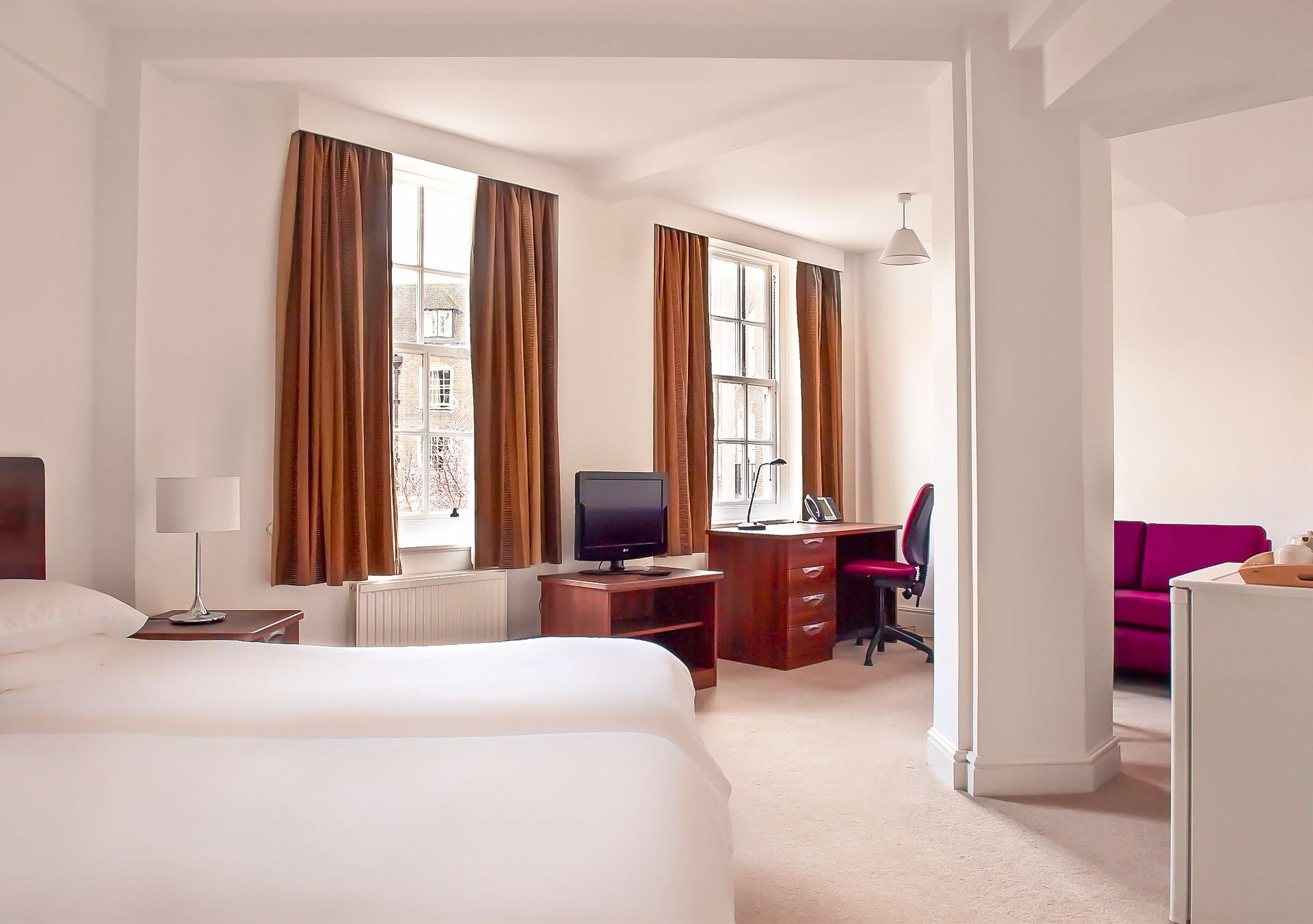The area of La Rochelle was occupied in antiquity by the Gallic tribe of the Santones, who gave their name to the nearby region of Saintonge and the city of Saintes. The Romans then occupied the area, where they developed salt production along the coast as well as wine production, which was then re-exported throughout the Empire. Roman villas have been found at Saint-Éloi and at Les Minimes, as well as salt evaporation ponds dating from the same period.
During the Hundred Years' War in 1360, following the Treaty of Bretigny La Rochelle became English. La Rochelle however expelled the English in June 1372, following the naval Battle of La Rochelle, between a Castilian-French and an English fleet. The Spanish had 60 ships and the English 40. They also had more knights and men than the English. The French and Spanish decisively defeated the English, securing French control of the Channel for the first time since the Battle of Sluys in 1340. The naval battle of La Rochelle was one of the first cases of the use of handguns on warships, which were deployed by the French and Spanish against the English.[11] Having recovered freedom, La Rochelle refused entry to Du Guesclin, until Charles V recognized the privileges of the city in November 1372.
In 1864, the harbour of La Rochelle (area of the "Bassin à flot" behind the water locks), was the site for the maiden dive experiments of the first mechanically-powered submarine in the World, Plongeur, commanded by Marie-Joseph-Camille Doré, a native of La Rochelle. During the Second World War, Germany established a submarine naval base at La Pallice (the main port of La Rochelle). A German stronghold, La Rochelle was the last French city to be liberated at the end of the war. The Allied siege of La Rochelle took place between 12 September 1944, and 7 May 1945; the stronghold, including the islands of Ré and Oléron, was held by 20,000 German troops under a German vice-admiral Ernst Schirlitz. Following negotiations by the French Navy frigate captain Meyer, and the general German capitulation on 7 May, French troops entered La Rochelle on 8 May.
